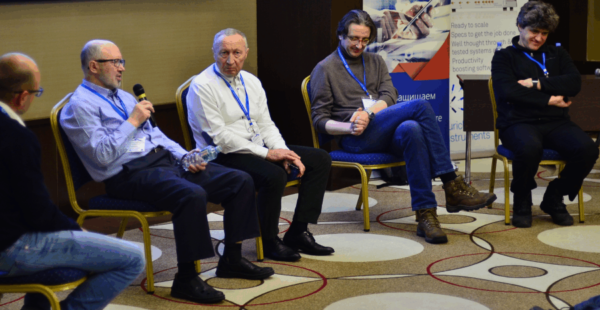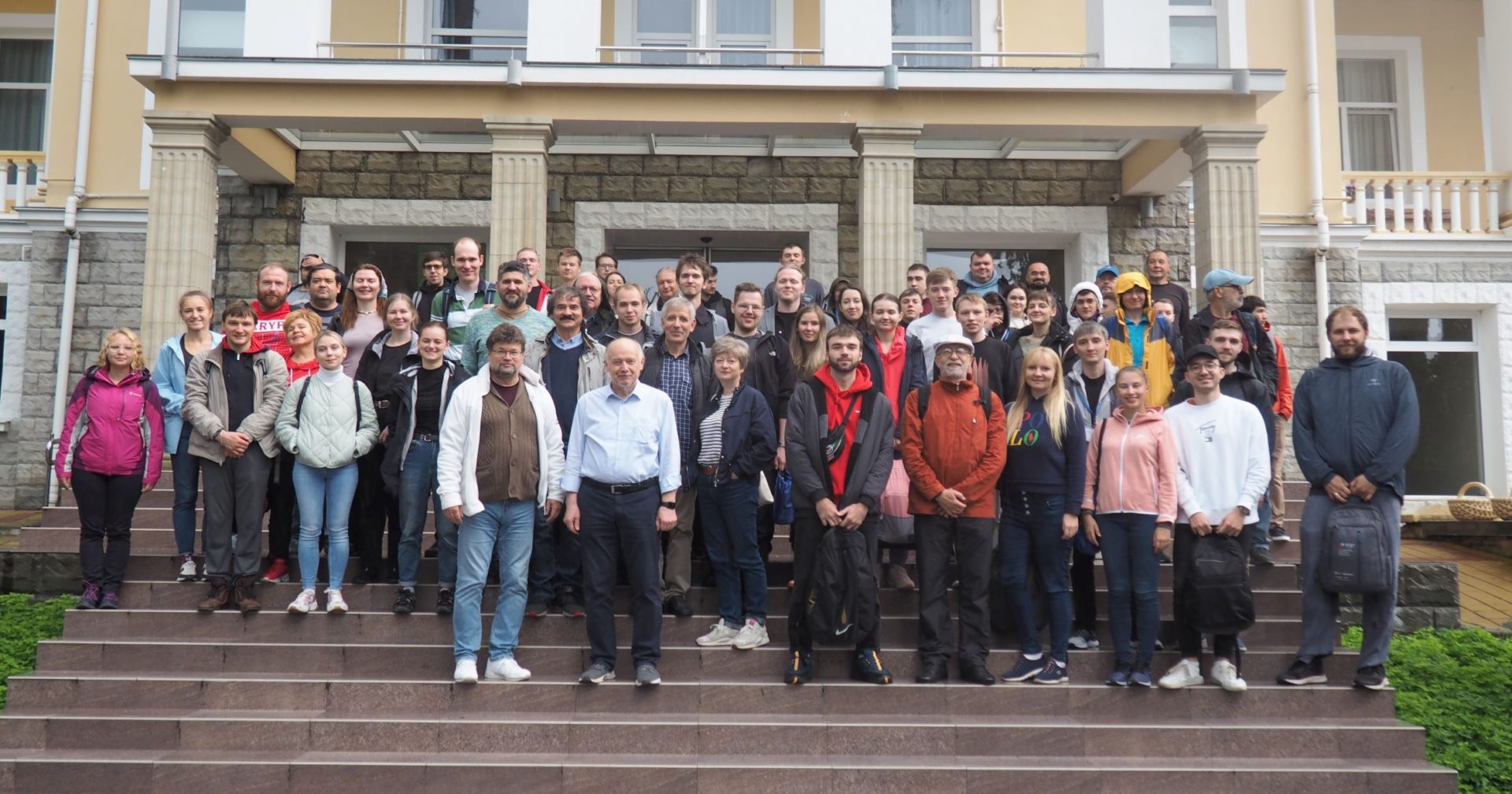The 3rd international school on quantum technologies was held in the conference hall of the «Golden Tulip Rosa Khutor» hotel from March 1 to March 7, 2020. The hotel is located in the heart of the resort of Rosa Khutor (village of Esto-Sadok, Krasnodar Territory). The School was attended by 141 people (12 lecturers, 10 speakers and 119 students, of which 68 people participated in the poster section) from 7 countries (19 cities).
Distribution of participants by city:
In addition to students, graduate students and employees of scientific organizations, representatives of commercial organizations also participated in the work of the School. In total, 48 organizations were represented at the School:
The School delivered 12 lectures on quantum computing, quantum optics, quantum cryptography and quantum technologies, 11 reports on the practical use of quantum technologies, one report on the commercialization of quantum technologies (the program of the School).
LECTURERS
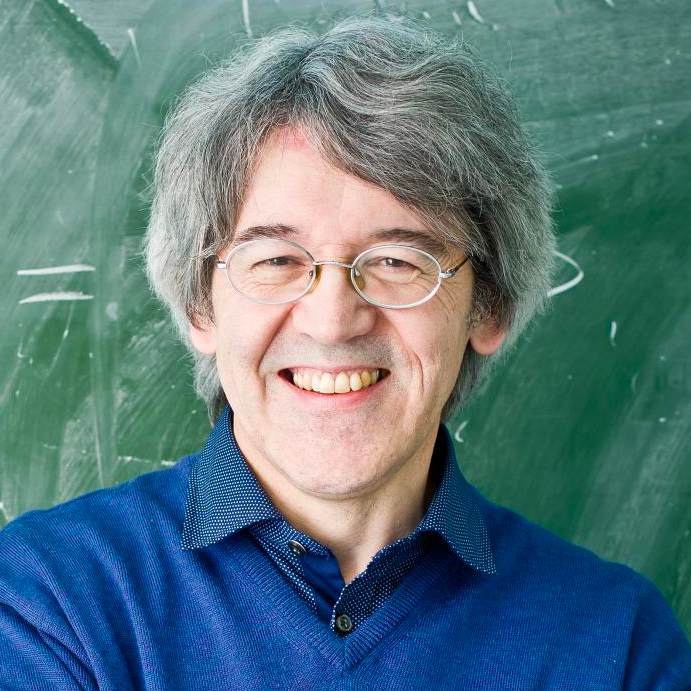
Philippe Grangier
Laboratoire Charles Fabry, IOGS, CNRS
France
From Bell’s inequalities to Quantum Engineering
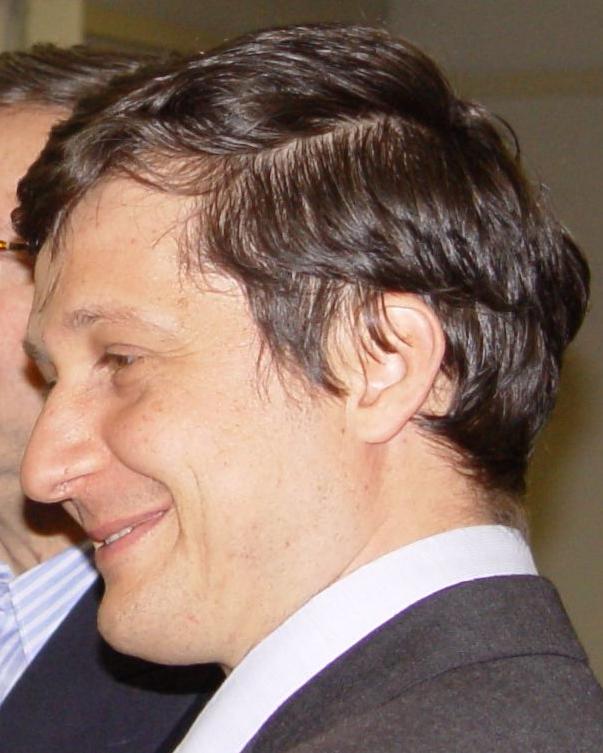
Marco Genovese
INRIM National Metrological Research Institute,
Turin, Piedmont, Italy
«Introduction to quantum imaging»

Luis Lorenzo Sanchez Soto
Complutense University of Madrid,
Spain
«Quantum extremal states»
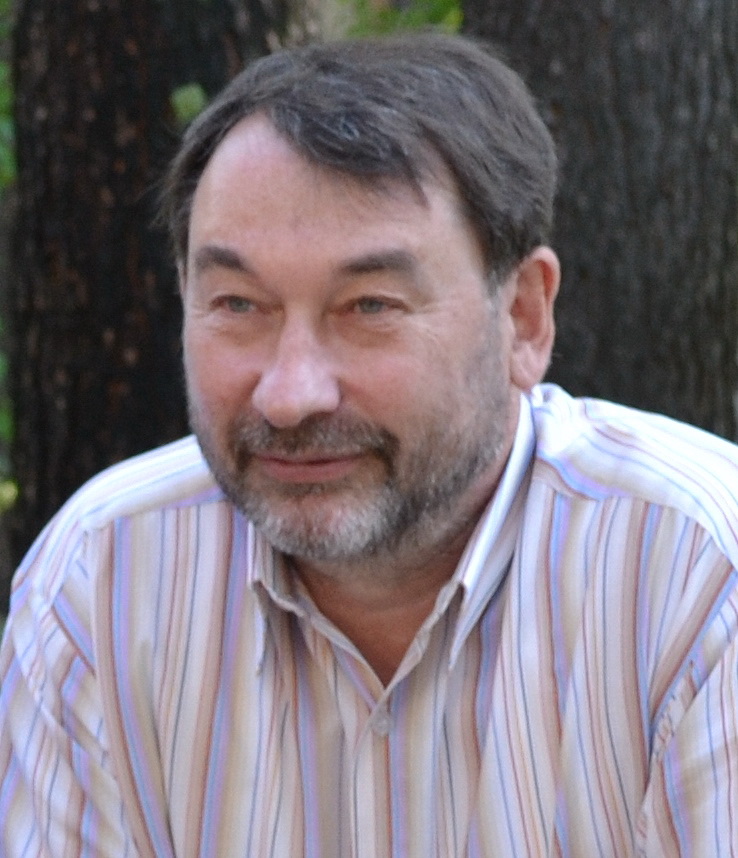
Evgeny Il’ichev
Leibniz Institute of Photonic Technology,
Jena Germany
«Superconducting qubits: fundamentals and applications»
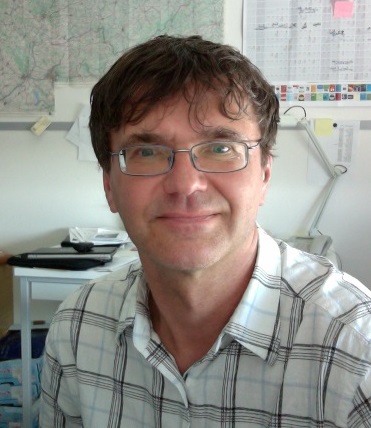
Zdenek Hradil
Department of Optics, Palacky University Olomouc,
Olomouc, Czech Republic
«Super-resolution achieving the ultimate limits of Quantum Fisher Information»
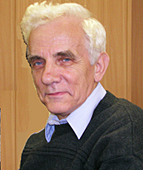
Mikhail Fedorov
Prokhorov General Physics Institute of the Russian Academy of Sciences,
Moscow, Russia
«Schmidt decomposition for biphoton states»
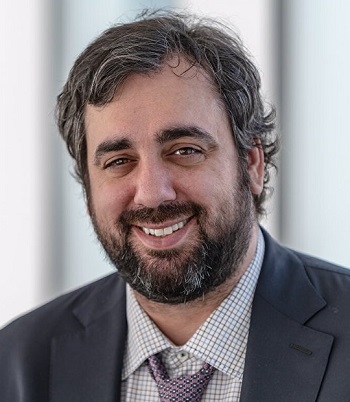
Jacob Biamonte
Deep Quantum Labs, Skolkovo Institute
of Science and Technology
Moscow, Russia
«Modern Quantum Algorithms»
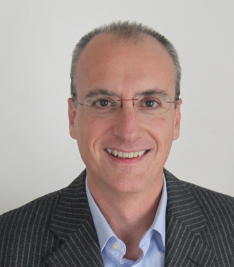
JacoAlberto Bramati
Laboratoire Kastler Brossel, Sorbonne Université
Ecole Normale Supérieure, CNRS
Paris, France
«Quantum Fluids of Light»
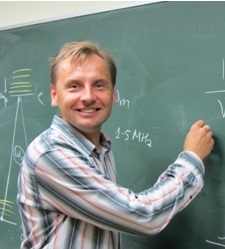
Nikolai Kolachevsky
Lebedev Physical Institute
of the Russian Academy of Sciences
Moscow, Russia
«Ion-based platform for quantum logic»
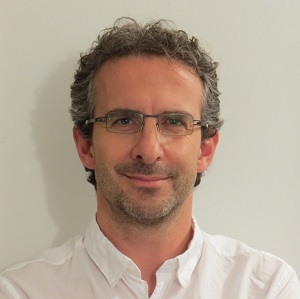
Marco Bellini
Research Director
National Institute of Optics — CNR
Florence, Italy
«Manipulating the character and shape of ultrashort quantum light states of ultrashort light wave packets»
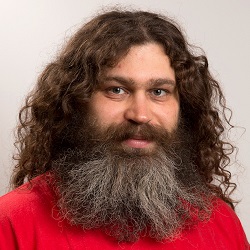
Vadim Makarov
RQC
«Improving security of a QKD system via an external audit»
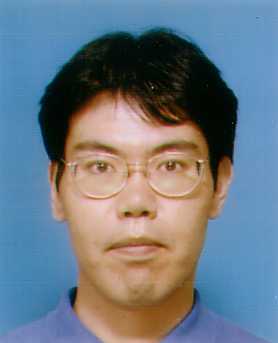
Shigeki Takeuchi
Quantum Information Photonics Laboratory, Research Institute for Electronic Science, Hokkaido University, Japan
«Quantum sensing using entangled photons»
Oral reports
- Vratislav Blažek “How to test photonic integrated circuits?”
- Alexander Chumadin “Keysight Technologies solutions for quantum technologies“
- Sergei Alferov “Random number generators: from coins to quanta”.
- Eugene Duplyakin “Activities, goals and objectives of the quantum cryptography testing laboratory”.
- Sergey Khanenkov “Research on the patent landscape of quantum technologies”.
- Andrey Zhilyaev “Trusted nodes decomposition for scalable quantum key distribution network“
- Jaroslaw Sperling “Widely tunable CW Optical Parametric Oscillators in Quantum Technology Research “
- Sergey Mosentsov “QKD organization principles in IDQ Clavis3 systems”
- Eldar Gayfutdinov ” Creating a quantum network management system and providing communication services based on it”
- Sergey Mosentsov “SPAD: advanced manufacturing technologies and utilizing in QKD systems (Wooriro)”
- Sergey Mosentsov “Components for leading quantum cryptography systems”
Also, as part of the School’s program, three round tables were held. The topics of the first round table were quantum computing and quantum computers; N. Kolachevsky, E. Il’ichev, J. Biamonte, and P. Grangier answered questions from the audience.
The second round table was devoted to the commercialization of quantum technology products. The participants in the round table were A. Urivsky (InfoTeKS), S. Khanenkov (Rostelecom), P. Dorozhkin (Skoltech, Russian Railways), V. Makarov (RCC). The third round table on quantum cryptography was held in the form of an open discussion.
At the poster session, participants presented 68 reports (abstracts of poster presentations). The program committee of the School held a competition for the best poster presentations, the winners received prizes. List of winners:
- Dmitry Moskalev (Bauman Moscow State Technical University) “Fabrication and characterization of near quantum-limited Josephson parametric microwave amplifier”
- Benjamin Morris (University of Nottingham) “Entanglement between identical particles is a useful and consistent resource”
- Murad Abuzarli (Laboratoire Kastler Brossel, Sorbonne Universite, CNRS, ENS-PSL Research University) “Superfluid light in dense atomic vapor”
All participants of the School received certificates and souvenirs.
Winter sport has traditionally been an important component of the School’s program. As part of the School’s winter sports program, 9 novice skiers and 9 snowboarders were trained, while the organizing committee paid half the basic cost of training, ski pass and equipment for beginners. Most skiers mastered the basic skills on the first day and on the other days rode on their own. Most beginner snowboarders were trained for two days.

